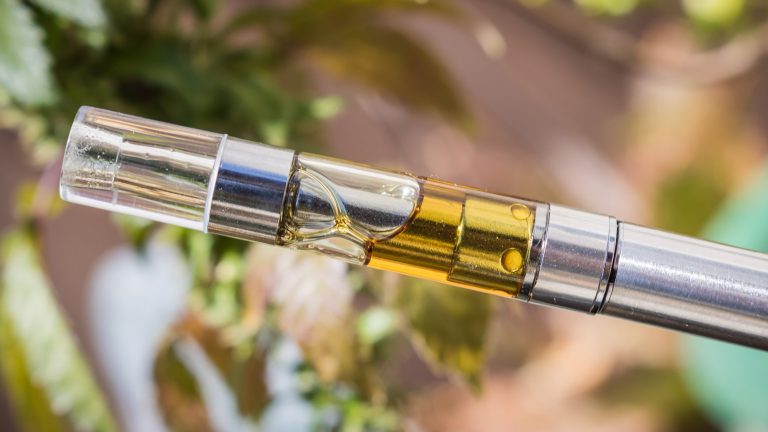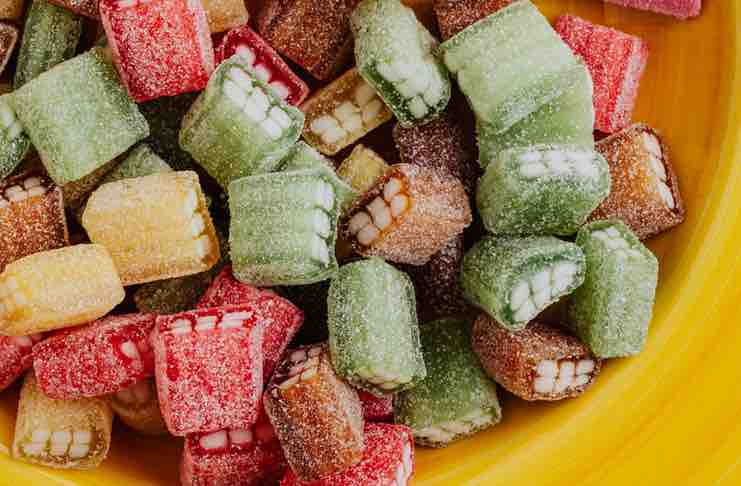You’ve undoubtedly heard the excuse, “my metabolism is sluggish,” for excess weight. The question here is whether or not metabolism is really to blame. And if so, can you speed up your metabolism and lose weight?
Metabolism does have a role in body mass. However, contrary to popular opinion, a sluggish metabolism is seldom the root reason for weight gain. Although your metabolism affects your body’s fundamental energy requirements, what you consume and how active you are are the primary factors in establishing your ideal weight. Visit mercurynews.com/ for more information.
The metabolic process of converting nutrients into usable energy
What you consume and drink through a process called metabolism, which produces energy for your body. Complex chemical reactions between oxygen and the calories in food and drink provide the energy the body needs to operate.
All the “invisible” things your body does, including breathing, circulating blood, changing hormone levels, or growing and repairing cells, need energy even while you’re sleeping. Your basal metabolic rate, or metabolism, is the number of calories your body burns daily to be alive and usually operate.

Your unique basal metabolism is based on several variables, including:
- The make-up and proportions of your body. A more significant or muscular person will use more energy at rest.
- Talking about your sexuality. Because males, on average, have less excess weight and more significant muscle than women of the same age & weight, men have a higher basal metabolic rate.
- How old are you? Reduced muscle mass and an increase in fat percentage contribute to a marked lowering of metabolic rate as we age.
- The energy your body requires to carry out its fundamental processes is relatively constant and resistant to change.
- How many calories you burn daily is based on your basal metabolic rate, your activity level, and your diet.
Industrialization of the Food Chain (thermogenesis). Expendable energy is required not just for digestion and absorption but also for transporting and storing the food you eat. Digestion and absorption account for around 10% of the calories you consume from carbs and protein.
Sport or another kind of physical exertion. The remainder of the calories you burn every day come from exercise and physical activity, such as playing tennis, strolling to the shop, running after the dog, and any other movement. The amount of calories you burn depends on several variables, but physical activity is among the most malleable.
What you do all day that isn’t exercised is called “nonexercise activity thermogenesis” by scientists (NEAT). Among them are going from place to place, gardening, and fidgeting. Depending on the individual, NEAT may account for anywhere from 100 to 800 calories burned each day.























